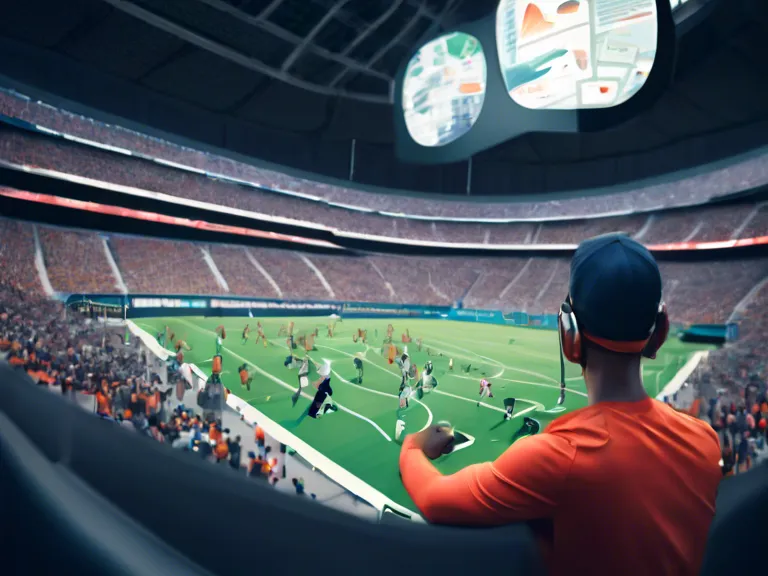
Predictive Analytics in Sports: How Future Trends Are Shaping Game Strategies
In the world of sports, teams are constantly looking for ways to gain a competitive edge. One of the most powerful tools in their arsenal is predictive analytics. By analyzing vast amounts of data, from player performance to weather conditions, teams can make more informed decisions and ultimately improve their chances of winning. This article will explore how predictive analytics is revolutionizing the world of sports and shaping game strategies for the future.
One of the key trends in predictive analytics is the use of machine learning algorithms to analyze data and make predictions. These algorithms can process massive amounts of data much faster than humans, allowing teams to quickly identify patterns and trends that may not be immediately obvious. For example, a baseball team may use machine learning to analyze a pitcher's performance against left-handed batters in certain weather conditions, allowing them to make more informed decisions about when to bring in relief pitchers.
Another trend in predictive analytics is the use of wearable technology to track player performance in real-time. Devices such as GPS trackers and heart rate monitors can provide teams with valuable data on player fitness levels, fatigue, and injury risk. This information can be used to adjust training regimens, prevent injuries, and optimize player performance during games.
Predictive analytics is also being used to enhance fan engagement. By analyzing data on fan preferences and behavior, teams can tailor marketing campaigns, ticket prices, and in-game experiences to better meet the needs of their fans. For example, a basketball team may use predictive analytics to send personalized ticket offers to fans who attend games frequently but have not purchased tickets for an upcoming match.
In conclusion, predictive analytics is revolutionizing the world of sports by providing teams with valuable insights and helping them make more informed decisions. From machine learning algorithms to wearable technology, the use of data analytics is shaping game strategies and changing the way teams operate both on and off the field.



